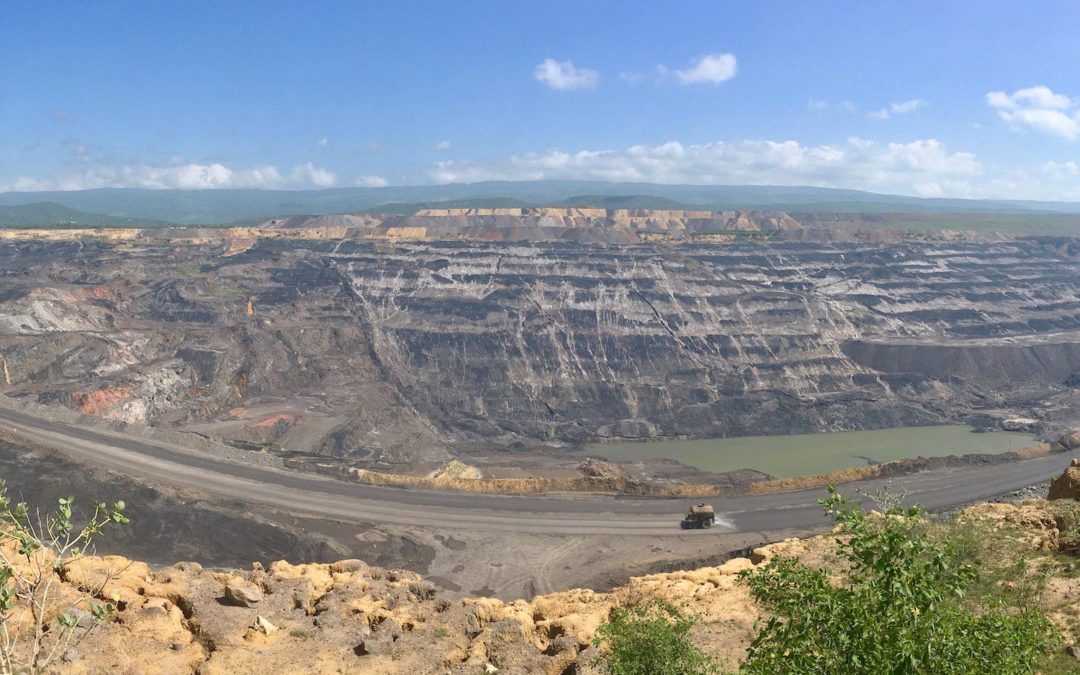SOURCE: DeSmogBlog
DATE: November 16, 2018
SNIP: When someone charges a cellphone or flips on the lights, what costs are felt by the far-off communities that produced the coal or gas powering that home? What happens to those same communities when a utility decides to switch from coal power to natural gas? And what keeps these impacts of American energy habits hidden from view?
Reliance on coal mining in La Guajira to turn on the lights in Massachusetts supported a mine that over more than three decades has forcibly displaced several nearby indigenous communities and tried to suppress, with bloody results, union activity. The mine’s operations have been linked to widespread pollution from coal dust and the destruction of fishing and hunting grounds, leaving La Guajira plagued by food insecurity.
“Some villages were bulldozed, communities forcibly removed, like the Afro-Colombian community of Tabaco,” said Noel Healy from Salem State University in Massachusetts, who has conducted research surrounding the Cerrejón mine. “Others were displaced via the ‘slow violence’ of contaminated farmland and drinking water.”
“Communities live in fear,” he added. “We witnessed high levels of community trauma, anxiety, and stress.” In the communities Healy interviewed, children reportedly suffer from respiratory illnesses and some people are afraid to drink the water.
“Mining operations have destroyed the social and cultural fabric of communities within the region, traditional migration routes have been cut off, and communities lost access to sacred sites and ancestral grounds,” Healy said.
“Most of us like to think of ourselves as good people who would not deliberately harm someone or take advantage of someone,” Aviva Chomsky, professor, and activist told DeSmog. “Yet we are the beneficiaries of a system that harms and takes advantage of a lot of people — and we collaborate with it because we are able to not see the harms.”
“It takes a lot of work to see these injustices since they are deliberately hidden from us. Coal companies and energy companies make great profit off of a system that depends on our complicity. We enjoy cheap electricity — and we don’t have to see the destruction caused by the extraction of the coal.”

